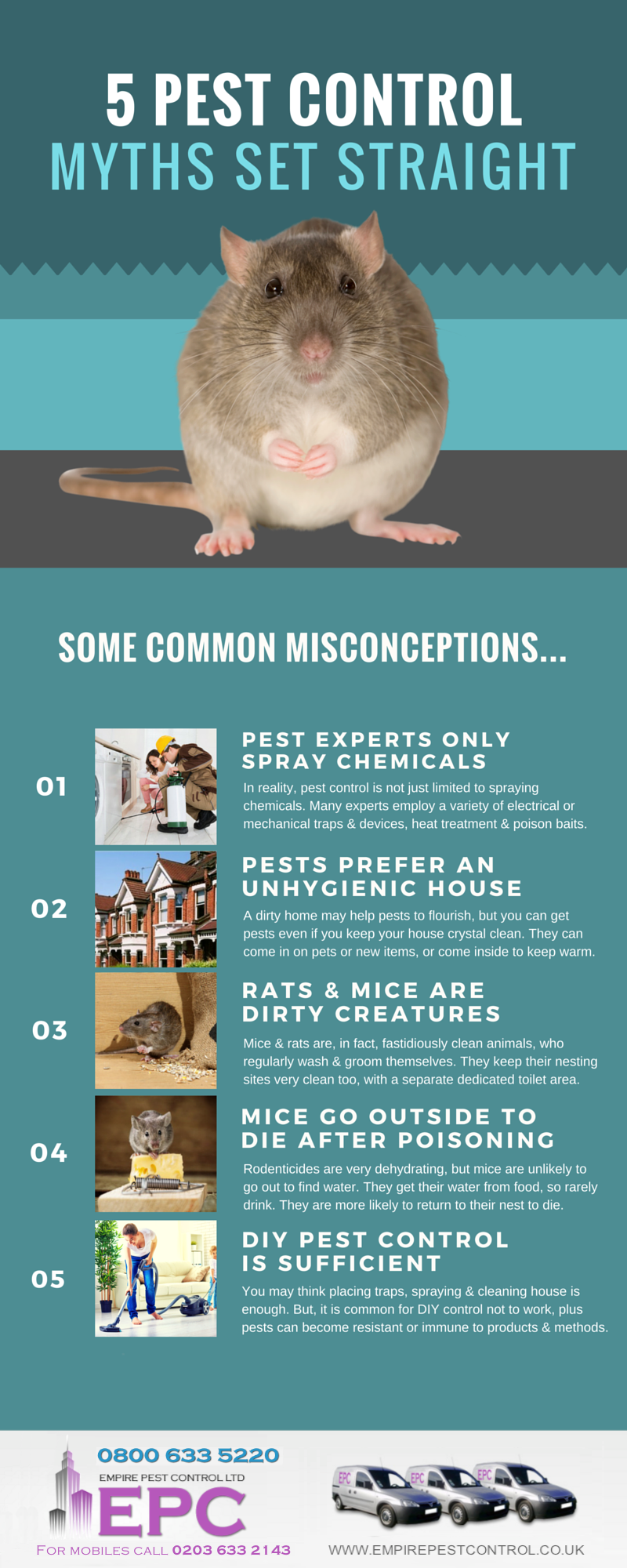Get Ready To Transform Your Yard Into A Pest-Free Sanctuary Making Use Of These Innovative Suggestions And Methods
Get Ready To Transform Your Yard Into A Pest-Free Sanctuary Making Use Of These Innovative Suggestions And Methods
Blog Article
Article Writer-Castaneda Warren
Visualize your yard as a refuge, a place of tranquility and appeal. Nevertheless, the existence of outside insects can rapidly disrupt this ideal image. Suppose there were simple yet reliable ways to keep these unwelcome site visitors at bay and secure your garden oasis? By complying with a few practical ideas and applying all-natural techniques, you can create an unified exterior area where your plants can grow uninterrupted.
Natural Bug Deterrents
To keep parasites far from your garden normally, plant aromatic natural herbs like mint and lavender. These aromatic plants not only add beauty to your garden however also serve as efficient bug deterrents. Parasites like mosquitoes, flies, and also some garden-damaging bugs are driven away by the strong scents produced by these natural herbs. Just positioning them strategically around your yard can aid produce an all-natural barrier against unwanted bugs.
In addition to mint and lavender, consider growing other natural herbs like rosemary, basil, and lemongrass to even more improve your yard's pest-proofing capacities. These natural herbs not only function as all-natural repellents but likewise have the added benefit of being useful in food preparation or crafting self-made solutions.
Strategic Plant Positioning
Consider the layout of your garden and the kinds of plants you need to purposefully put them for optimum pest-proofing performance.
Beginning by grouping mosquito services near me with similar resistance to insects with each other. By doing this, you can create an all-natural barrier that deters insects from spreading out throughout your garden.
In addition, positioning pest-repelling plants like marigolds, lavender, or mint near more vulnerable plants can help protect them. Tall plants, such as sunflowers or corn, can work as a shield for shorter plants versus insects like bunnies or ground-dwelling insects.
Remember to leave adequate room in between plants to improve air blood circulation and decrease the danger of diseases that pests might bring.
Additionally, consider growing strong-smelling natural herbs like rosemary or basil near vulnerable plants to perplex pests' detects and make it harder for them to locate their targets.
Effective Insect Control Approaches
For combating yard parasites efficiently, applying a multi-faceted pest control technique is vital. Begin by motivating natural predators like birds, ladybugs, and praying mantises to assist keep insect populaces in check. Presenting plants that draw in these useful bugs can assist in bug control. Furthermore, exercising excellent yard health by getting rid of debris and weeds where pests might conceal can make your yard less congenial to undesirable visitors.
Take into termite exterminator cost utilizing physical obstacles such as row cover textiles or netting to secure susceptible plants from insects like caterpillars and birds. Applying centipede pest control like neem oil or insecticidal soap can also be effective against specific parasites while being less harmful to useful pests and the environment. It's essential to turn your plants each period to avoid the buildup of parasite populations that target specific plants.
Routinely inspect your plants for signs of insect damages so you can act quickly. By incorporating these techniques and remaining alert, you can efficiently control garden pests and enjoy a successful, pest-free garden.
Final thought
So, there you have it - with the ideal strategies, you can keep pesky outside bugs far from your garden and help your plants grow.
Did you understand that growing mint has been revealed to fend off insects and other insects, minimizing the requirement for hazardous chemicals by approximately 60%?
By incorporating natural deterrents and clever growing methods, you can create a lovely and pest-resistant garden sanctuary for you to delight in.
